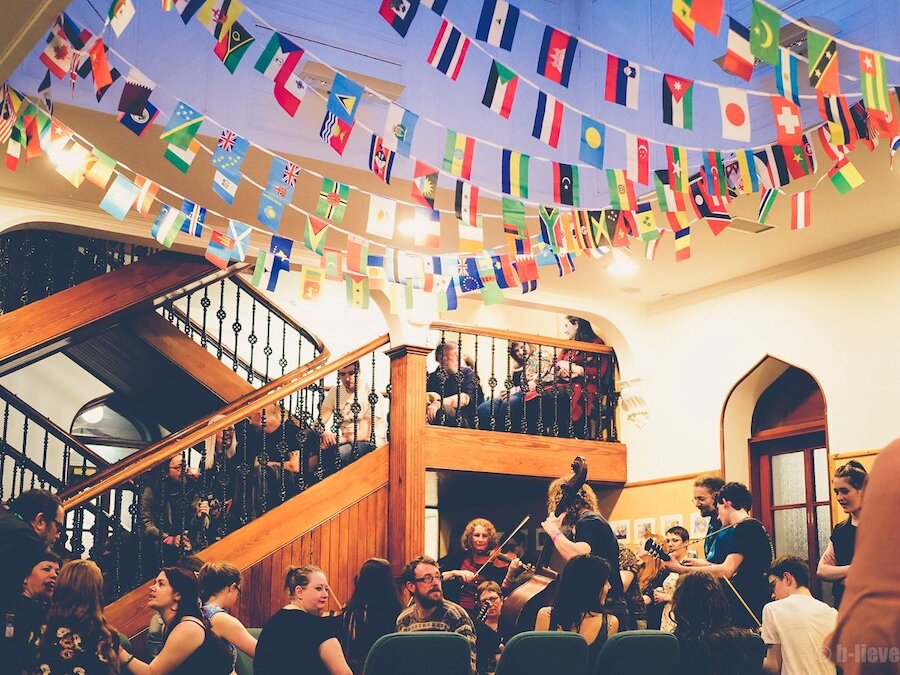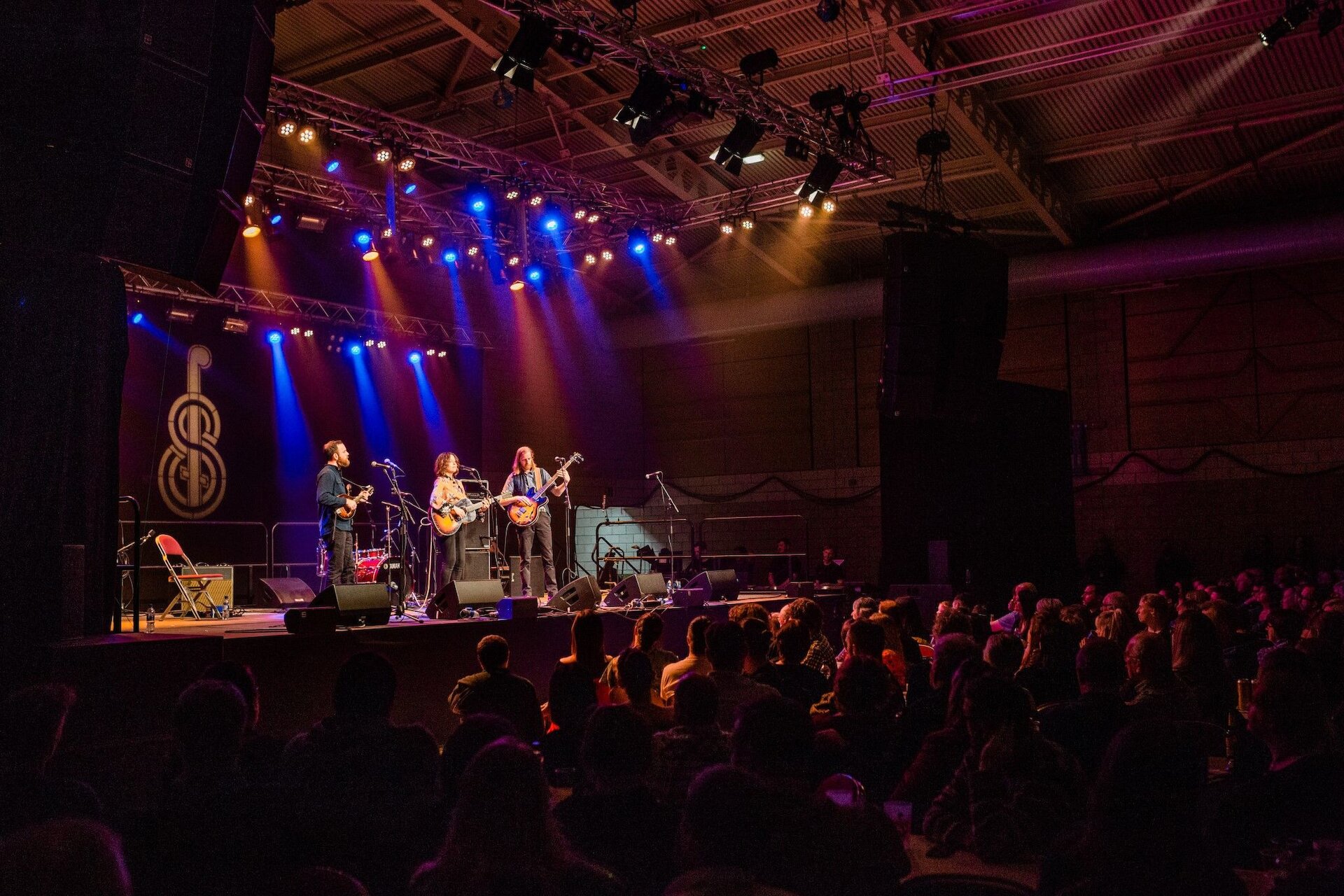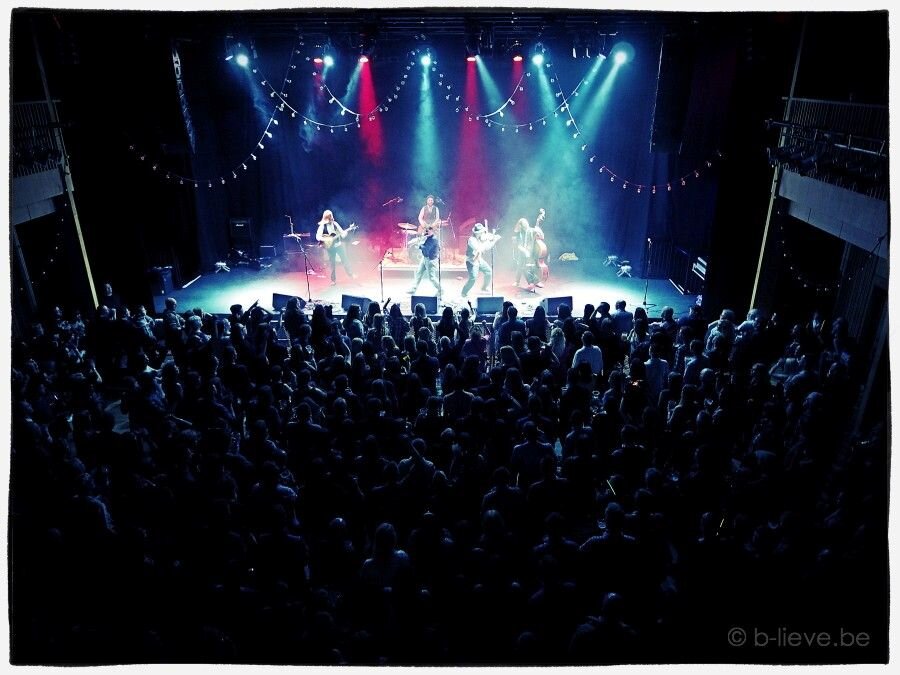The awards ceremony takes place at Dundee’s Caird Hall on Sunday 4 December, but voting closes this Sunday (20 November). Shetland’s premier music event is up against festivals including HebCelt in the ‘event of the year’ category, sponsored by VisitScotland, and you can give them your vote on the Trad Awards website.
Two successive cancellations due to the Covid-19 pandemic meant the fortieth helping of the festival, originally to have been in 2020, took place 24 months later than planned. And when the Omicron variant reared its unwanted head last winter, it was far from guaranteed that the event would take place this year either.
Main festival booker Mhari Pottinger recalls the uncertainty facing the committee when it took the gamble to become one of the first international events to resume normal service.
It was “amazing for our community to have this event, when thinking back to January we had no idea if we could actually do it”, and news of the Trad Award nomination a few weeks ago was a source of enormous pride for all the volunteers who make the event what it is.


